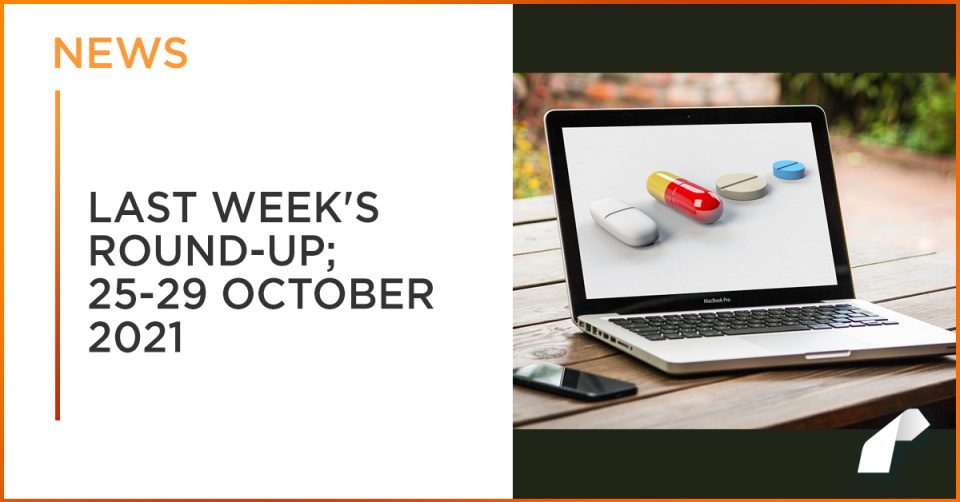Last week’s round -up;
25-29 October 2021

Antimicrobial Resistance – expected regulatory implications
Activities of the Transatlantic Taskforce on Antimicrobial Resistance (TATFAR) are expected to have regulatory implications. Mentioned within their current progress report are agreements on clinical trial recommendations that will be reflected in updated guidance documents for several different types of bacterial diseases. Also identified for continued collaboration up till 2026 are strategies to improve financial incentives, access, research, and development of antimicrobial drugs, diagnostics, and alternatives. Furthermore, the definitions for multidrug-resistant (MDR), extensively drug-resistant (XDR) and pan-drug-resistant (PDR) bacteria for human infections will be revised.
Japan’s PMDA posts English translation of guidelines for bioequivalence studies
Japan’s PMDA has released an English translation of guidelines and questions and answers on bioequivalence studies of generic products.The guidelines cover bioequivalence studies, dissolution tests and other assessments for various dosage forms, including oral immediate release and oral extended-release products. The guideline also features a shorter section on non-oral dosage forms and dosage forms for which bioequivalence studies are waived.
https://bit.ly/RealCMC-3EsokCu
Guidance on good lay summary practice
Guidance on good lay summary practice (GLSP) has recently been published by the European Commission. The guidance provides recommendations on how to prepare, write, translate, and disseminate summaries of clinical trial results in lay language, and was adopted by the expert group on clinical trials in July 2021. Sponsors should note that lay summaries on each clinical trial are a mandatory requirement of the upcoming Clinical Trial Regulation. Relatedly, the guidance highlights mandatory requirements under the regulation, and those which are optional recommendations based on ethical obligations and related best practices.
Updates from the EDQM
The EDQM has released the following updates:
• A revised osmolality chapter for public comment in Pharmeuropa. The revised chapter focuses on osmolality reference solutions using sodium chloride that are required for instrument verification. The deadline for comments is the 31st December 2021.
• The Pharmacopoeial Discussion Group is preparing a pilot for global expansion of membership to integrate additional world pharmacopoeias.
• CEP holders are invited to comment on draft monographs published in Pharmeuropa 33.4. The deadline for comments is 31st December 2021.
• CEP holders are invited to update their applications according to the revised monographs published in Ph. Eur. Supplement 10.7 that will be implemented on the 1st April 2022.
https://bit.ly/RealCMC-3nTq1lN
Public consultation on EU pharmaceutical legislation
The European Commission has launched a public consultation on the revision of the EU’s pharmaceutical legislation. The consultation will last until 21st December 2021 and will gather views from stakeholders and the general public. The last review of the EU’s pharmaceutical legislation took place almost 20 years ago and the overarching aims of this revision are: to ensure access to affordable medicines, foster innovation, improve security of supply, adapt to new scientific and technological developments, and reduce red tape. In the consultation, the EC also asks if there are other problems it needs to address.
The EMA’s tailored scientific advice offering for biosimilar development will be continued
In its report on the initial pilot offering of tailored scientific advice for new biosimilar development, the EMA has announced that this will be continued as part of regular scientific advice operations. When using the procedure, developers are advised on the studies they should conduct, based on a review of the quality, analytical and functional data they already have available. The service will be capped at a maximum of 2 procedures per month, and the duration is set to 70 days if managed without a discussion meeting or 100 days if such a meeting is needed.
Updated Q&A on GMP compliance for IMPs
The European Commission has released an updated Q&A no. 8.4 on the Clinical Trials Regulation 536/2014. The updated Q&A covers the documentation that is required to show compliance of an IMP and AxMP with GMP, which is also outlined in Chapter IX and Annex 1 section F of the CTR:
• No documentation is required for IMPs authorised in the EU (even if not manufactured in the EU).
• For IMPs that are not authorised in the EU and do not have an MA from a third country that is party to ICH, and are not manufactured in the EU, an authorisation referred to in article 61(1) and a QP declaration of GMP equivalence is required. In the latter case, if a Mutual Recognition Agreement (MRA) covering clinical trials is in place with the particular country, the latter declaration is not required if the MRA provides for GMP equivalence already.
• An authorisation according to article 61 of the Clinical trial Regulation is required for all other cases.
• Information regarding the GMP compliance of APIs is not required by the CTR (and can therefore not be required by the Member States concerned).
https://bit.ly/RealCMC-3GpA3n5

